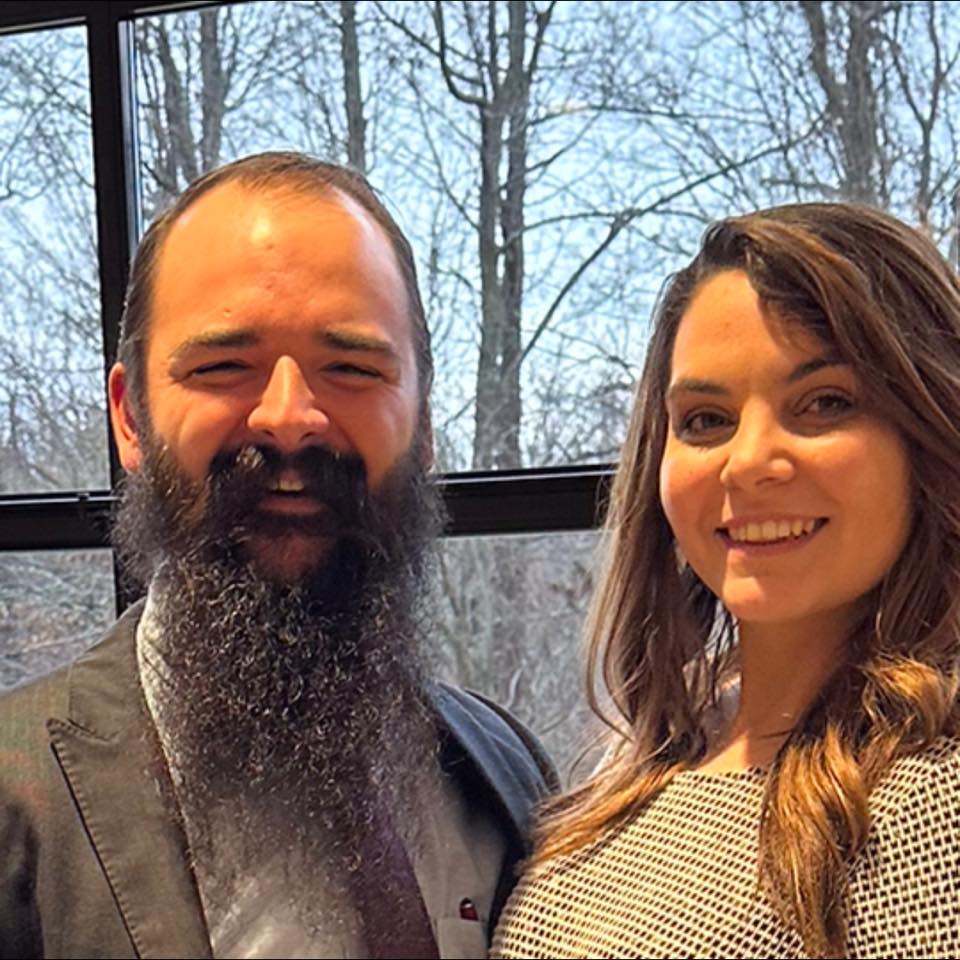Public Confession & Repentance
We had an interesting experience at church a few Sundays ago, and it’s caused me to do a little reflection of my own. We had a member to come before the church and openly confess their sin. I’ve never seen this done before in my 4 years of serving at this church. It was during the invitation time, where anyone is invited to come forward to pray, have prayer, join the church, or receive Christ as their Savior. Theologically speaking, our church understands that this is not the only time God is at work, but we recognize the importance of the invitation because it is a time to respond to what we’ve just heard preached from God’s word. This person came forward, convicted by the Spirit through the preaching of the word, and confessed openly before us what they had recently done. Now, for confidentiality reasons I cannot reveal any more than this. But what this individual did really had me thinking, Is openly confessing sin like this biblical? Is it biblical or even helpful to publicly repent the way they did?
From Scripture, I am familiar with the command to “confess your sins to one another and pray for one another, that you may be healed” (James 5:16a). But this verse seems to advocate for a type of confession that is more personal in nature – one that is more along the lines of “man-to-man” confession. In other words, the kind of confession James is talking about is confession of sin “to one another.” It supports more of a personal confession to possibly one or two people.
At the same time, I think there are times when public confession and repentance are necessary. I think it all depends on how serious the committed sin really is. Here’s the principle I think we should use when determining whether a sin should be confessed publicly before the church:
“But as for confession, I think the principle is that the extent of the confession should match the extent of the sin.” ¹
That’s John Piper quoted above. He was asked the question, “When should we confess sins publicly?” I believe that Piper is on target. If a sin committed is very great, the repentance and confession should also be very great. This is where public confession and repentance comes in.
Not all sins carry the same consequences. There’s a world of difference in the extent of sin, when for example, a leader in the church uses foul language or decides to commit adultery. To the Lord, the sins are equally as offensive; to others, the consequences vary.  The consequences of a leader who curses the door upon which he stubbed his toe are far less than the consequences of a leader who lives in an adulterous relationship. You may recall that this exact thing happened with the famous evangelist Jimmy Swaggart.
The consequences of a leader who curses the door upon which he stubbed his toe are far less than the consequences of a leader who lives in an adulterous relationship. You may recall that this exact thing happened with the famous evangelist Jimmy Swaggart.
So with that in mind, as I’ve studied and pondered this unique experience, I want to say first that it took a lot of courage to do what they did. It’s more courage than I can say that I have. And I think there are times and instances where it is helpful and biblical to publicly repent before the whole church, but other times I think that we should not. I think this particular occasion was very appropriate for public repentance – and I believe that it was biblical and helpful. The particular sin they confessed was one that is far-reaching and has terrible consequences – and I believe they did the right thing. The extent of their sin was very great, so they made sure their public confession and repentance was very great as well. And as an aside, they even demonstrated true restoration the next Sunday – the expected results of publicly repenting before the church. It was truly beautiful to witness firsthand.
If only the rest of us could have godly sorrow and repentance like they did over the sins in our lives. We need repentance and godly sorrow like they demonstrated for every sin in our lives – whether the consequences are great or small. I commend them for their courage and for not harboring sin in their lives, but confessing it openly before us. We’re all broken in different ways – God gives us grace to be restored, and we help each other along in the church. The church is a hospital for sinners – a place where we “Bear one another’s burdens, and so fulfill the law of Christ” (Galatians 6:2).
Regularly Inviting People to Church
On this same Sunday, we had a special occasion at our church where we invited at least one friend to church with us. Lately, our church attendance has been down, and our pastor has challenged us to be more evangelistically-focused. Particularly in the area of inviting people to church. Now, clearly inviting people to church is not evangelism, nor is it a substitute for it. But inviting people to church is a practical component for faithful evangelism. It’s part of the way we build relationships with those we evangelize – and relationships are essential to discipleship.
We got on board with a program known as Invite Your One, directed and founded by Thom Rainer², the president and CEO of LifeWay Christian Resources.  It’s a church-wide campaign that focuses on inviting at least one person to church with you on a designated Sunday. It’s a practical way to get church members to be more evangelistic and regularly share Christ with people, and invite them to worship at their church. Needless to say, our church was loaded that day – and all of the guests present were friends or relatives of those who invited them. What is truly praiseworthy is that many of the guests returned the following Sunday.
It’s a church-wide campaign that focuses on inviting at least one person to church with you on a designated Sunday. It’s a practical way to get church members to be more evangelistic and regularly share Christ with people, and invite them to worship at their church. Needless to say, our church was loaded that day – and all of the guests present were friends or relatives of those who invited them. What is truly praiseworthy is that many of the guests returned the following Sunday.
This experience was memorable and it confirmed a belief that I have deeply held for a number of years: building relationships with those we invite to church nearly guarantees they will come. I truly believe that if we will befriend people, saved or unsaved, the likelihood of their church attendance at our churches will increase greatly. People don’t stumble in to churches by random choice these days. In fact, it’s likely quite trustworthy to say that the reason a person goes to one church and not another is because they were invited and welcomed by a friend or relative. They know they will see you when they come – you are the bridge they’ll cross in order to come to your church. They won’t cross a bridge they don’t know.
Once again, this doesn’t replace evangelism – we should preach the gospel relationship or not. But people are more receptive to the gospel when they see it’s transforming power in the life of a friend or relative. And those same people are more receptive to invitations to church services when they are in the life of a friend or relative. So who will you befriend this week? Who is God laying on your heart to evangelize? Who is coming to church with you on Sunday?
-
Piper, John. “When Should We Confess Sins Publicly?” Desiring God, 19th of May 2008. Accessed 26th of September 2016.
- Thom Rainer has a plethora of resources on church growth. Check out his blog here.






 The consequences of a leader who curses the door upon which he stubbed his toe are far less than the consequences of a leader who lives in an adulterous relationship. You may recall that this exact thing happened with the famous evangelist Jimmy Swaggart.
The consequences of a leader who curses the door upon which he stubbed his toe are far less than the consequences of a leader who lives in an adulterous relationship. You may recall that this exact thing happened with the famous evangelist Jimmy Swaggart.  It’s a church-wide campaign that focuses on inviting at least one person to church with you on a designated Sunday. It’s a practical way to get church members to be more evangelistic and regularly share Christ with people, and invite them to worship at their church. Needless to say, our church was loaded that day – and all of the guests present were friends or relatives of those who invited them. What is truly praiseworthy is that many of the guests returned the following Sunday.
It’s a church-wide campaign that focuses on inviting at least one person to church with you on a designated Sunday. It’s a practical way to get church members to be more evangelistic and regularly share Christ with people, and invite them to worship at their church. Needless to say, our church was loaded that day – and all of the guests present were friends or relatives of those who invited them. What is truly praiseworthy is that many of the guests returned the following Sunday.